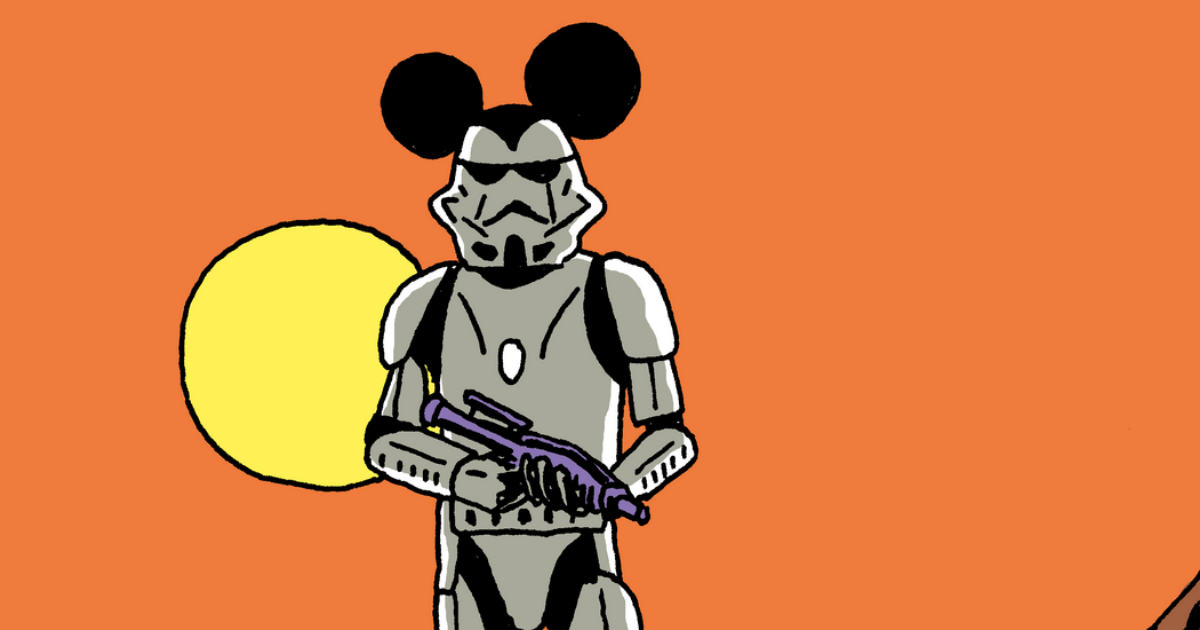“Star Wars” has always been political. When the main thrust of the narrative is about rebels rising up against empire, that’s simply hard to avoid. “Andor,” the Disney+ streaming series that premiered in 2022, wears its politics openly: The show is about the brutal sacrifices people make, or are forced to make, in resistance to authoritarianism. As the new season begins streaming on Tuesday, it seems especially prescient.
The first season of “Andor,” which tells the story of Cassian Andor’s first steps into the life of a revolutionary leader, is vivid and heartbreaking. By sidestepping the idea of the Force and avoiding the Jedi entirely, it is a “Star Wars” story about the otherwise ordinary people who dedicate their lives and hearts to resisting an empire. “Andor” examines all sides of how empires operate, including servants of the Imperial core, like the hapless wannabe Syril Karn, who are trying to track down and eliminate the rebels that Andor aids and abets. There are also wealthy establishment types trying to make changes from the inside, only to be forced to take a side.
If you’re thinking this doesn’t sound like the typical offering from a multinational corporation best known for its child-friendly fare and nostalgia-bait sequels, you would be right. The show’s creator, Tony Gilroy, says that Disney afforded him freedom to tell the exact story that he wanted to tell — one in which an apathetic man is pushed, by circumstance and community, into resistance. But I have always found the overwhelming praise for the show’s revolutionary politics to be at odds with the means of its production.
Andor’s fictional radicalization and eventual rebellion is rooted in real-world inspirations. Mr. Gilroy said that the character Nemik, who writes a manifesto that inspires Andor, was modeled on Leon Trotsky as a “young, naïve radical.” Benjamin Caron, who directed three episodes of the first season of the series, said that he was inspired by the film “The Battle of Algiers,” which follows both the homegrown rebels and the soldiers occupying their country during the French-Algerian war.
After Andor has been captured and sentenced on a bogus charge, he finds himself in a prison where everyone is always observed, and also always expected to complete a grueling task within an extremely small margin of time. Who could watch this show and not think of the Amazon warehouses? Or the private prisons of America, where inmates often work for cents on the dollar, or for no pay at all?
The series’ ability to capture a radical ideology has been the source of much of the show’s critical praise. I found that seeing my own anticapitalist, anti-empire ideals reflected back to me in this show was affirming, as well as inspiring. But it also made me feel conflicted. After the creator of “Star Wars,” George Lucas, sold his production company to Disney in 2012, the series became part of Disney’s larger economic ecosystem. The company’s existing “intellectual property” — for it is always property, not art — becomes commerce: spinoffs, merchandise, theme park rides. Even the great revolutionary Cassian Andor is available for purchase as a part of “Star Tours — The Adventures Continue” at Disney World.
Thank you for your patience while we verify access. If you are in Reader mode please exit and log into your Times account, or subscribe for all of The Times.
Thank you for your patience while we verify access.
Already a subscriber? Log in.
Want all of The Times? Subscribe.
